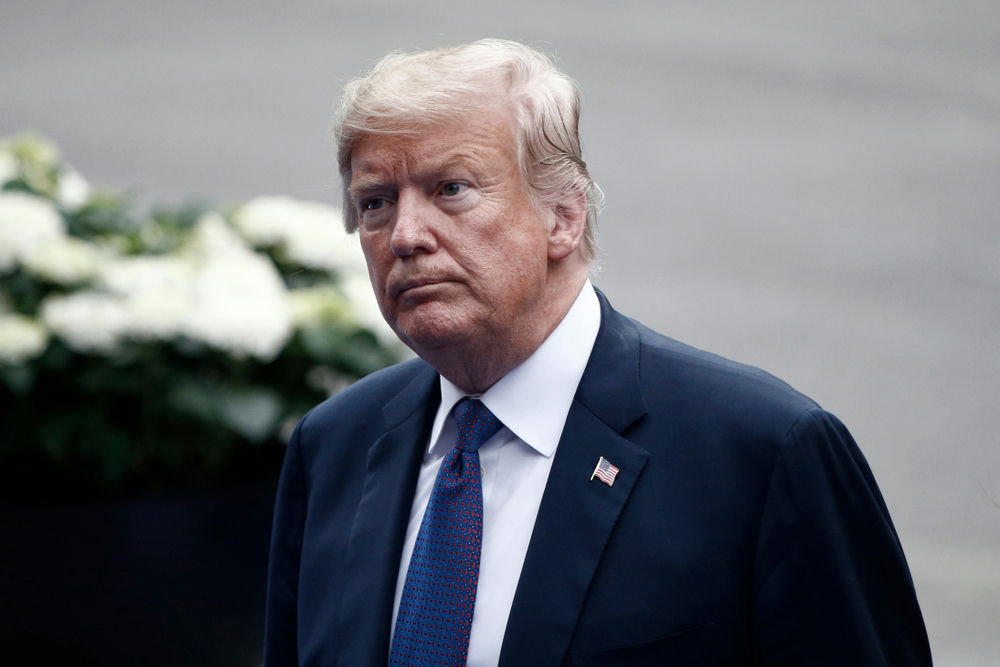The Trump administration is taking a bold stand against New York City’s sanctuary policies, sparking a fierce legal battle that could redefine the balance of power between federal and local governments in America.
Trump Administration Targets NYC’s Sanctuary Policies
The Trump administration has launched a high-profile lawsuit against New York City, challenging its long-standing sanctuary city policies. The lawsuit, filed in Brooklyn federal court, argues that these policies unlawfully obstruct federal immigration enforcement and violate the U.S. Constitution’s Supremacy Clause. The Trump administration, with President Donald Trump and Attorney General Pam Bondi leading the charge, seeks to enforce federal immigration laws uniformly across the nation, claiming that sanctuary policies endanger public safety.
New York City’s sanctuary city policies date back to 1989, initially designed to encourage undocumented immigrants to report crimes without fear of deportation. Over the years, these policies have expanded, restricting city officials from cooperating with federal immigration authorities. This legal battle follows a recent incident where an off-duty Customs and Border Protection agent was shot by an undocumented immigrant, which federal officials have linked to NYC’s sanctuary policies.
Key Players and Their Stances
The lawsuit pits the Trump administration against New York City’s leadership, including Mayor Eric Adams and Police Commissioner Jessica Tisch. The administration argues that sanctuary policies undermine federal authority and public safety. In contrast, NYC officials defend these policies as essential for community trust and immigrant rights. Federal agencies like ICE and CBP support the lawsuit, claiming that lack of cooperation from local authorities increases risks to officers and public safety.
State officials, such as New York Governor Kathy Hochul, have criticized the federal actions, citing a need for state and local autonomy. The lawsuit intensifies the adversarial relationship between the Trump administration and Democratic city and state governments, with the courts ultimately deciding the legality of NYC’s sanctuary policies.
Legal and Political Implications
This lawsuit represents a significant escalation in the federal government’s campaign against sanctuary jurisdictions, with potential far-reaching implications. If the federal government prevails, cities across the country may be forced to alter or abandon sanctuary policies, fundamentally reshaping the dynamics of local-federal relations on immigration. Conversely, a ruling in favor of NYC could reinforce local autonomy and embolden other cities to maintain or expand sanctuary protections.
The case has heightened public debate over immigration enforcement and local-federal relations, drawing intense media attention. The outcome could set a major precedent for the balance of power between federal and local governments, affecting law enforcement practices, city governance, and federalism debates nationwide.
Impact on Communities and Public Opinion
The lawsuit has significant implications for immigrant communities, law enforcement, and the general public. Immigrant communities face increased fear of deportation and reduced trust in local authorities. Local police may find themselves caught between conflicting demands from city and federal authorities, while federal agencies like ICE and CBP may face operational challenges. The broader public is likely to experience impacts on public safety, community relations, and perceptions of government legitimacy.
The political polarization over immigration policy is likely to intensify, especially in an election year. The potential for loss of federal funding for NYC, should the administration pursue financial penalties, adds another layer of complexity to the situation. As the case unfolds, cities, states, advocacy groups, and legal experts nationwide are closely watching the developments, aware of the significant legal, political, and social implications at stake.

